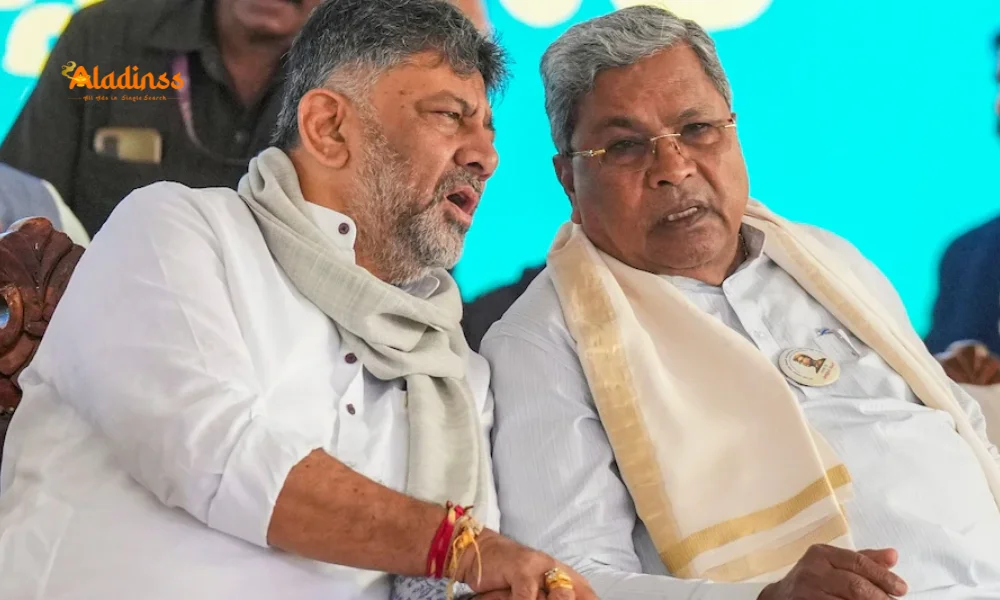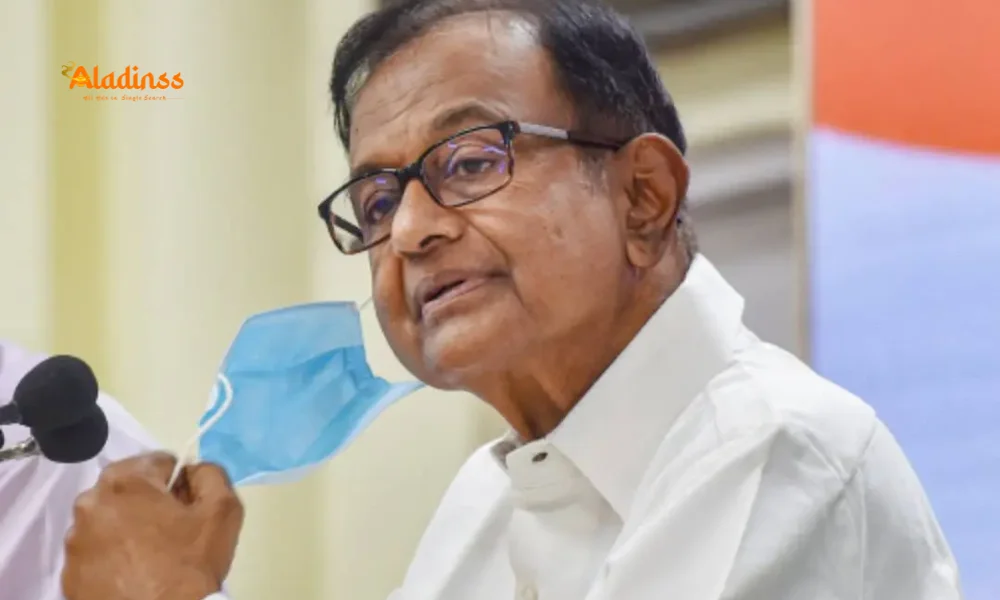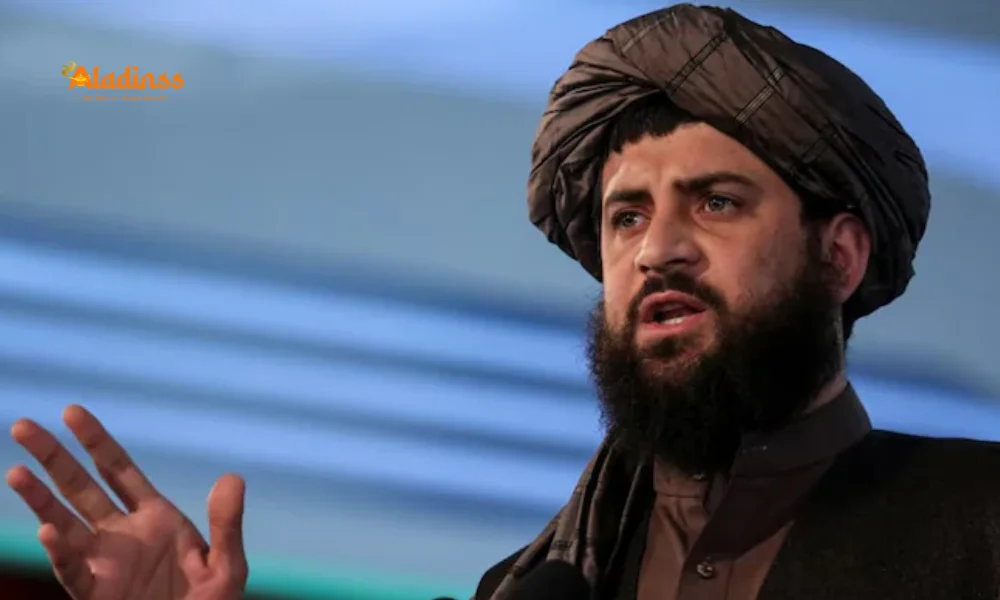TTV Dinakaran Blames Nainar Nagendran for OPS NDA Exit
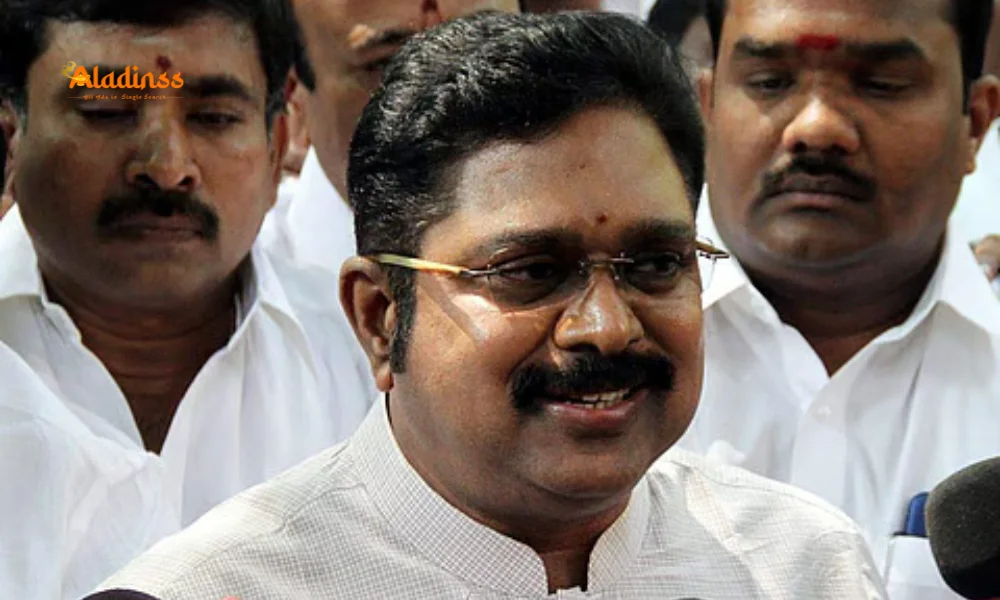
TTV Dinakaran Blames Nainar Nagendran for OPS Exit from NDA Alliance
In a significant development in Tamil Nadu's political landscape, AMMK General Secretary TTV Dinakaran has pointed fingers at Nainar Nagendran as the primary reason behind O. Panneerselvam's (OPS) departure from the NDA alliance. The statement comes amidst growing tensions within the AIADMK and its allies, as key political figures navigate shifting alliances ahead of future elections. Dinakaran's remarks, made during a press interaction in Madurai, have stirred discussions about the internal dynamics of the BJP and its coalition partners in the state.
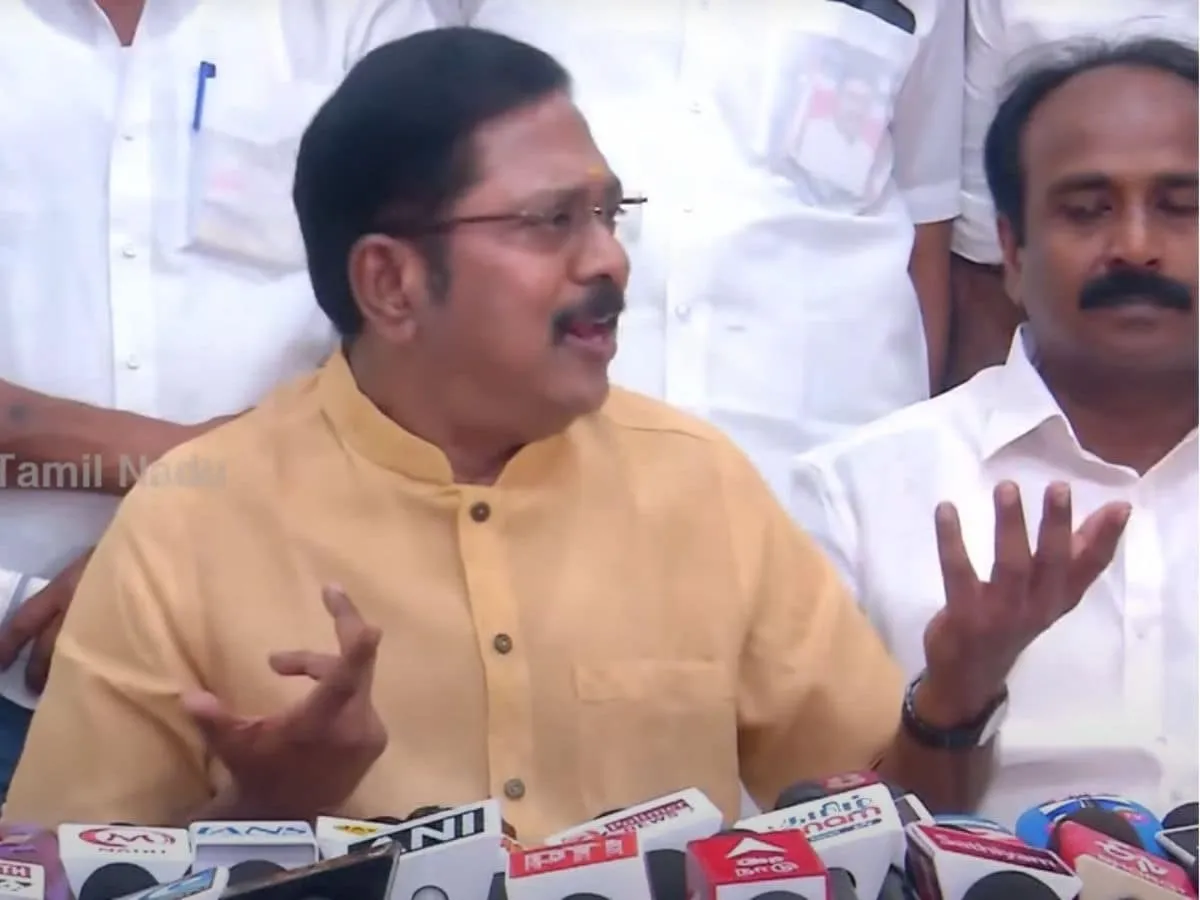
Dinakaran's Critique of BJP Leadership Changes
TTV Dinakaran, the leader of Amma Makkal Munnetra Kazhagam (AMMK), expressed his discontent with the Bharatiya Janata Party's (BJP) leadership decisions in Tamil Nadu. He stated that the alliance functioned smoothly under the leadership of K. Annamalai, the former BJP state president. "As long as Annamalai was the BJP state president, everything was fine," Dinakaran remarked, emphasizing that Annamalai played a pivotal role in bringing AMMK into the NDA fold. He described Annamalai as an "open person" and expressed shock at his removal from the state presidency, a move that has evidently caused ripples within the alliance.
Dinakaran's comments highlight the internal friction within the BJP following the leadership transition. The appointment of Nainar Nagendran as a key figure in the party has, according to Dinakaran, directly contributed to O. Panneerselvam's exit from the NDA. "Nainar Nagendran is the reason why O. Panneerselvam left the NDA alliance," Dinakaran asserted, expressing disappointment over Nagendran's actions in handling the situation with OPS.
AIADMK Internal Struggles: Sengottaiyan's Protest
The political turbulence is not limited to the NDA alliance alone. Within the All India Anna Dravida Munnetra Kazhagam (AIADMK), former minister K.A. Sengottaiyan has openly voiced his dissatisfaction with the party's leadership under General Secretary Edappadi Palaniswami (EPS). In a bold move, Sengottaiyan led a march from his residence in Gopichettipalayam, Erode district, to the AIADMK office, accompanied by his supporters. This public demonstration was a clear signal of his frustration with the current direction of the party.
Also Read: Kerala Congress's Bihar-Bidi Post Draws BJP
The AMMK's Perspective on Alliances
Dinakaran's statements also shed light on AMMK's strategic positioning in Tamil Nadu's complex political landscape. He clarified that his party does not view politics as a business, countering perceptions that AMMK is a minor player in the state's political arena. "The BJP thought of us as a small party. They know against whom we started the party," he said, alluding to the AMMK's formation as a breakaway faction from the AIADMK, driven by ideological and leadership differences.
Dinakaran emphasized that the AMMK's decision to distance itself from the NDA was influenced by the AIADMK's entry into the alliance. "We took this decision because the AIADMK's entry into the NDA alliance affected us," he explained. However, he remained optimistic about future opportunities, stating, "The alliance is only for elections. New alliances and opportunities will emerge. We will definitely be in the winning alliance." This suggests that AMMK is actively exploring alternative coalition options to strengthen its electoral prospects.
Impact on Tamil Nadu's Political Dynamics
The developments involving TTV Dinakaran, O. Panneerselvam, and K.A. Sengottaiyan underscore the fluid nature of Tamil Nadu's political alliances. The state has long been a battleground for major parties like the DMK, AIADMK, and BJP, with smaller players like AMMK playing a crucial role in shaping electoral outcomes. The exit of OPS from the NDA, coupled with internal dissent within the AIADMK, could significantly alter the balance of power in the state.
Analysts suggest that the BJP's leadership changes and the subsequent fallout with allies like AMMK could weaken its position in Tamil Nadu, a state where it has struggled to establish a strong foothold. The removal of Annamalai, who was seen as a dynamic and youth-oriented leader, has evidently caused discontent among coalition partners. Meanwhile, the AIADMK's internal struggles, exemplified by Sengottaiyan's public protest, indicate that the party is grappling with leadership and unity issues at a critical juncture.
What Lies Ahead for the NDA and AIADMK?
As Tamil Nadu gears up for future elections, the political realignments and internal party dynamics will play a pivotal role in determining the outcome. The NDA's ability to maintain a cohesive alliance will depend on its ability to address the concerns of its partners and manage leadership transitions effectively. For the AIADMK, resolving internal conflicts and presenting a united front will be crucial to regaining its lost ground.
TTV Dinakaran's AMMK, while a smaller player, could emerge as a kingmaker in the state's fragmented political landscape. By positioning itself as a flexible partner open to new alliances, AMMK may attract attention from both the NDA and other regional players looking to bolster their electoral chances. The coming months will likely witness intense negotiations and strategic maneuvers as parties vie for dominance in Tamil Nadu.
Comment / Reply From
No comments yet. Be the first to comment!
